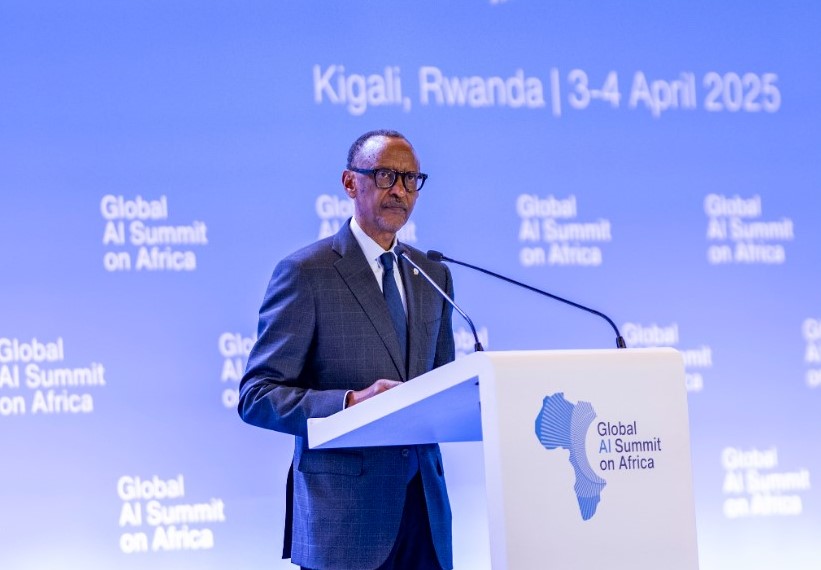The Creative Dilemma: How AI Is Redefining Creativity
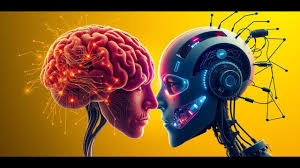
Artificial Intelligence (AI) is everywhere. Check the school, the workplace, industries, government structures, etc. From automated writing tools to image generators, AI is shaping how we think, create, and work. For some, it is the dawn of a new creative era. For others, it is a silent takeover, one that replaces originality with algorithms. The burning question of our time is, “Is AI killing creativity or simply redefining productivity?
This is an evolving debate, and while opinion differs regarding this issue, let us take a look at some key areas.
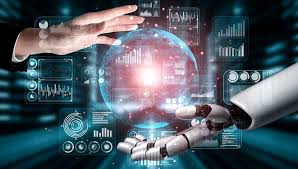
According to the Harvard Business Review in May, 2025, a Researchon Gen AI Makes People More Productive, and Less Motivated, the study found out that there was a boost in immediate performance asGenerative AI enhanced the quality and efficiency of tasks, but this also have psychological costs. This finding reveals a critical nuance to collaborations’ benefits that while using AI tools can feel productive and empowering at first, it may leave workers feeling less engaged when they shift to tasks that do not involve AI support, a common reality in workflows where not every task can or should be AI-assisted. While this is not directly focused on creativity, we cannot help to stay concerned about such issues as it is being played out on daily basis given the evolving nature of AI.
The Fear: Machines Replacing Minds
There is a growing concern that AI is making humans lazy thinkers. This might not be far from the truth because, writers now draft with prompts, designers generate art with clicks, and musicians remix sounds through software. Critics argue that this convenience chips away at the process that makes creativity meaningful. After all, the beauty of art lies in struggle, in the mistakes, revisions, and human imperfections that AI cannot feel. When a machine can write a poem, paint a masterpiece, or compose a melody, what is left for the human creator? That is the haunting question fueling this fear that If AI can create, do we still need to?
The Truth is that Creativity Is Not Just About Tools
The traditional definition of creativity involves a human actor producing an outcome that is novel, valuable, and surprising. While AI can deliver these results, its creative process differs fundamentally from a human's.
The fact remains that, AI does not create; it collaborates. AI generates ideas based on patterns, not imagination. It does not dream, desire, or feel, Ai predicts. We should know that the spark that turns an idea into something meaningful still comes from the human behind the machine. Just as a brush does not make an artist and a camera does not make a photographer, AI does not make creativity redundant, it simply changes the canvas. The truly creative mind sees AI as a partner, not a threat, this is because Human creativity is quite different from AI Creativity.
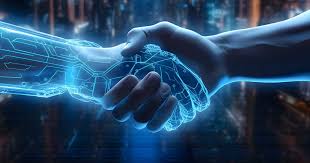
Human Creativity draws its source from life experiences, emotions, cultural context, and personal intuition. This produces emotionally resonant, contextually aware, and original works capable of genuinely original, with "outside-the-box" thoughts that challenges established norms using a messy, iterative, and often intuitive process that includes reflection and introspection, while AI Creativity relies on patterns and data from its training and operates without genuine emotion or subjective understanding. It generates new combinations and variations of existing concepts and styles based on algorithmic rules having excellence in generating variations but limited to the boundaries of its data, making radical innovation difficult without human input using a methodical, automated process that can generate and refine ideas at high speed and scale.
Core areas to Consider regarding AI and Human Collaboration
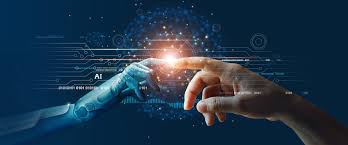
Firstly, the issue of Authorship and ownership, the question of who owns the intellectual property of an AI-generated work, the user who provided the prompt, the developer of the AI, or the machine itself, is a major ethical and legal dilemma. Another is Authenticity, debate continues over whether AI-generated work holds the same intrinsic value as human-made art, given the machine's lack of emotion, intent, and lived experience. Lastly Bias, AI models are trained on historical data, and if this data contains biases, the AI's output may reflect and reinforce existing stereotypes. This can limit diversity in creative works if not actively managed by a human.
The Productivity Revolution
Where AI shines most is in enhancing productivity. It removes the noise that clogs creative flow, the endless research, the repetitive tasks, the “what if” paralysis. Let us see it this way, a content writer can now focus on storytelling while AI handles structure, a filmmaker can visualize scenes faster, a teacher can design smarter lesson plans, a business owner can generate campaign ideas in seconds. AI is not replacing creative work; it is accelerating creative possibility. The real challenge now is not in what you can make, but how deeply human your creation can be in an AI-assisted world.
The New Role of Human Creativity
If AI is the engine, human creativity is still the driver. Our role is shifting from manual creation to strategic imagination. We now, give AI direction, infuse emotion into outputs, decide what matters, shape narratives that reflect human experience. Yes, AI can paint a portrait, but it cannot capture heartbreak. It can write a song, but it cannot live the story that inspired it. It can generate beauty, but it cannot mean beauty. That is where we, the creators who should remain irreplaceable.
The Real Danger: Dependency, Not Discovery
The real threat is not that AI will replace creativity, it is that we will stop thinking for ourselves. When people copy-paste AI work without understanding or personal touch, creativity becomes mechanical, and the goal is not to let AI think for you, but to let it think with you. The difference between both will define the next generation of creators.
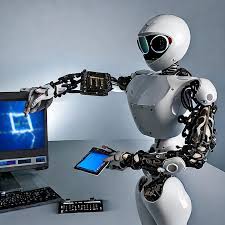
The African Perspective
Across Africa, AI is becoming a creative lifeline, from filmmakers using AI for visual effects, to writers generating story prompts, to entrepreneurs using AI tools for design and marketing, but the cultural twist: is that creativity in Africa has always been born from scarcity which includes limited tools, boundless imagination. Now that AI offers abundance, the question is not whether we can create more, but whether we can still create authentically.
Our challenge is to make sure the African voice does not get drowned in algorithmic noise, to use AI without losing identity.
So, does AI stifle creativity or enhance productivity?
Well, it does both, depending on how we use it. AI can dull creativity when it becomes a crutch, and it can also enhance productivity when used as a compass. The future of retaining creativity belongs not to those who fear machines, but to those who learn to make machines feel human because true creativity was never about tools, it was always about vision.
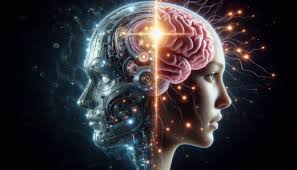
AI is redefining creativity not as a uniquely human trait, but as a more complex and collaborative process that can be achieved through both human-machine partnership and purely algorithmic generation. Rather than replacing human ingenuity, AI is augmenting and expanding creative possibilities byoffering data-driven inspiration, automating routine tasks, and generating novel outputs at a rapid scale.
You may also like...
The 1896 Adwa War: How Ethiopia Defied Colonialism
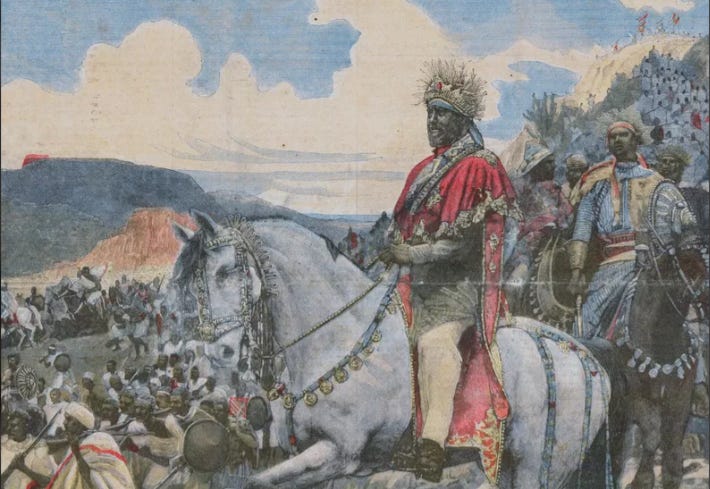
Ethiopia with the exception of Liberia which was used as a settler place for freed slaves remains the only African Count...
Why We Need Sleep: Inside the Brain’s Night Shift

Even when you’re asleep, your brain is quietly up to something, sorting, cleaning, and working behind the scenes.
When Nollywood Meets Netflix: The Creative Tug Between Local Storytelling and Global Algorithms
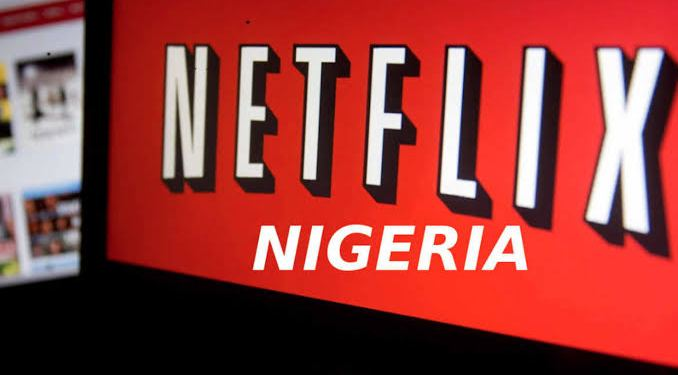
Nollywood’s partnership with Netflix is rewriting the script for African cinema, offering global reach but raising quest...
Mozambique's LNG Megaproject: A Promise or Peril?

TotalEnergies is leading a consortium in Mozambique as it promises potential restructuring of the nation's energy se...
Aliko Dangote, Africa’s Wealth King: First African-Born Billionaire to Cross $30B
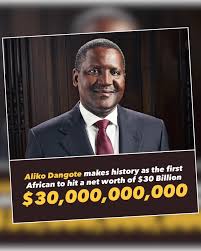
Aliko Dangote, the richest Black man in the world, has reached a new milestone, with a net worth of $30.3 billion, accor...
WAEC Conducts Trial Essay Test Ahead of Full Computer-Based WASSCE in 2026
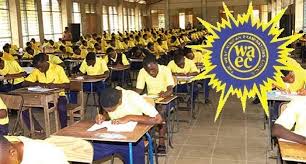
The trial Computer-Based Test (CBT) for the WAEC essay was held on Thursday, October 23, 2025. The exercise was conducte...
Can Long- Distance Love really work?
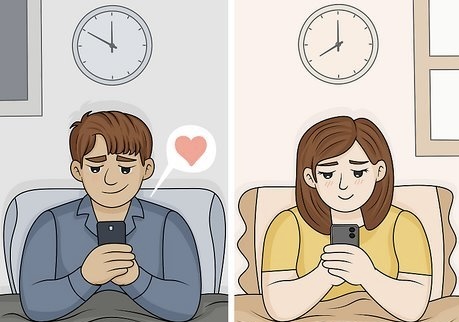
Can love really survive when touch becomes a memory and connection lives behind a screen? For many, distance isn’t the ...
Nigeria’s Rental Crisis: House of Representatives Moves to Cap Rent Hikes at 20%
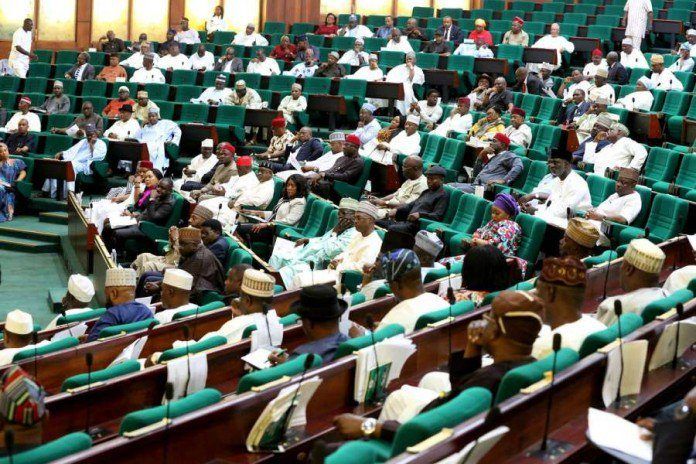
Nigeria's rental market has been under intense pressure, and now lawmakers are stepping in. The House of Rep. has called...




